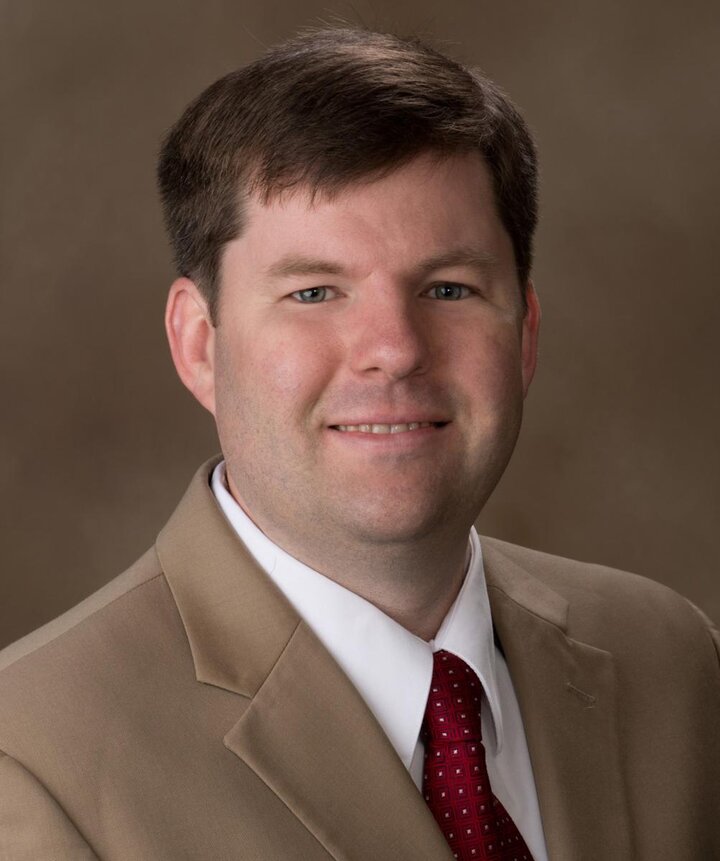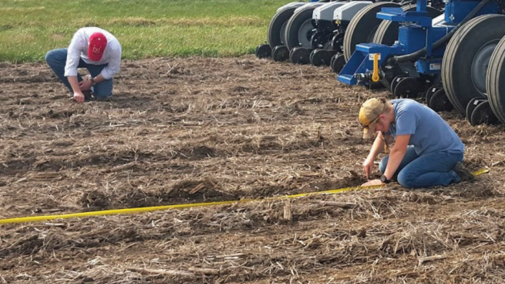Farmers have numerous sources of technology and data available to use in their operations, but many producers struggle with what kind and how much technology they need.

Understanding which technologies and datasets are important and how to best use them is the focus of Joe Luck’s work as Nebraska Extension precision agriculture engineer.
“To me, precision ag has become a catchall term, but basically it refers to hardware and software systems that improve knowledge and decision support to make farming more manageable, sustainable and profitable,” said Luck, who also is an assistant professor of biological systems engineering.
Precision agriculture hardware includes field application equipment and sensor platforms that control products and record as-applied data. Software can then be used to collect and analyze the information with the goal to improve a crop production system.
Luck’s extension work encompasses site-specific management strategies; precision agriculture technology use; and farm management software training.
In one project, for example, Luck and other members of the multidisciplinary UNL Precision Ag Research and Extension team are working with producers and local and regional industry partners to examine how one new technology— the multi-hybrid planter—might benefit producers in the future.
This planter can plant at least two seed varieties in one trip through a field or manage various seed treatments from separate bulk tanks on the planter. Five corn and three soybean fields were planted this year on both dryland and irrigated land. While more than one year of data is needed, the project team believes that preliminary data from this first year will help build future studies. Results from the field sites will be distributed through Nebraska Extension.
Luck also is developing instruments and tools that producers can use to collect information in their operations for improving crop input and water use efficiencies. In Nebraska, technology adoption ranges from those who don’t use technology at all to producers who use it extensively, he said.
And, he added, “The technological needs of a producer farming 1,000 acres are very different from a producer farming 10,000 acres.”
Luck estimates that over 50 percent of farmers engage in some form of agricultural technology. But, he cautions, while technology can be a useful management tool, farmers still need to make decisions.
As part of his extension work, Luck conducts workshops and meetings to share information about precision ag with producers to improve their operations. “I really enjoy talking with people and helping them solve problems,” he said.
Part of Luck’s research deals with “big data,” which is often defined as an accumulation of data that is too large and complex for processing by traditional database management tools. University-based research will be an important part of the larger discussion regarding big data applications in agriculture, he said. UNL is a founding member of the Agricultural Data Coalition (ADC), which is aimed at helping farmers better control, manage and maximize the value of the data they collect daily in their fields.
"There have been extensive activities focused on agriculture data management platforms within the past couple of years, and we're excited to be part of such advances in which the farmers' needs are at the core of the platform development process with input from a variety of industry partners,” Luck said.
"I think the development approach taken by the ADC will serve as an industry model for adding value to small and large farm operations with respect to agricultural data privacy, access and utilization.”
Ultimately, Luck hopes all of his work will have an impact beyond Nebraska and will help corn and soybean producers feed the hungry worldwide. His research is funded by public and private organizations, including local commodity boards, industry groups and the United States Department of Agriculture.

